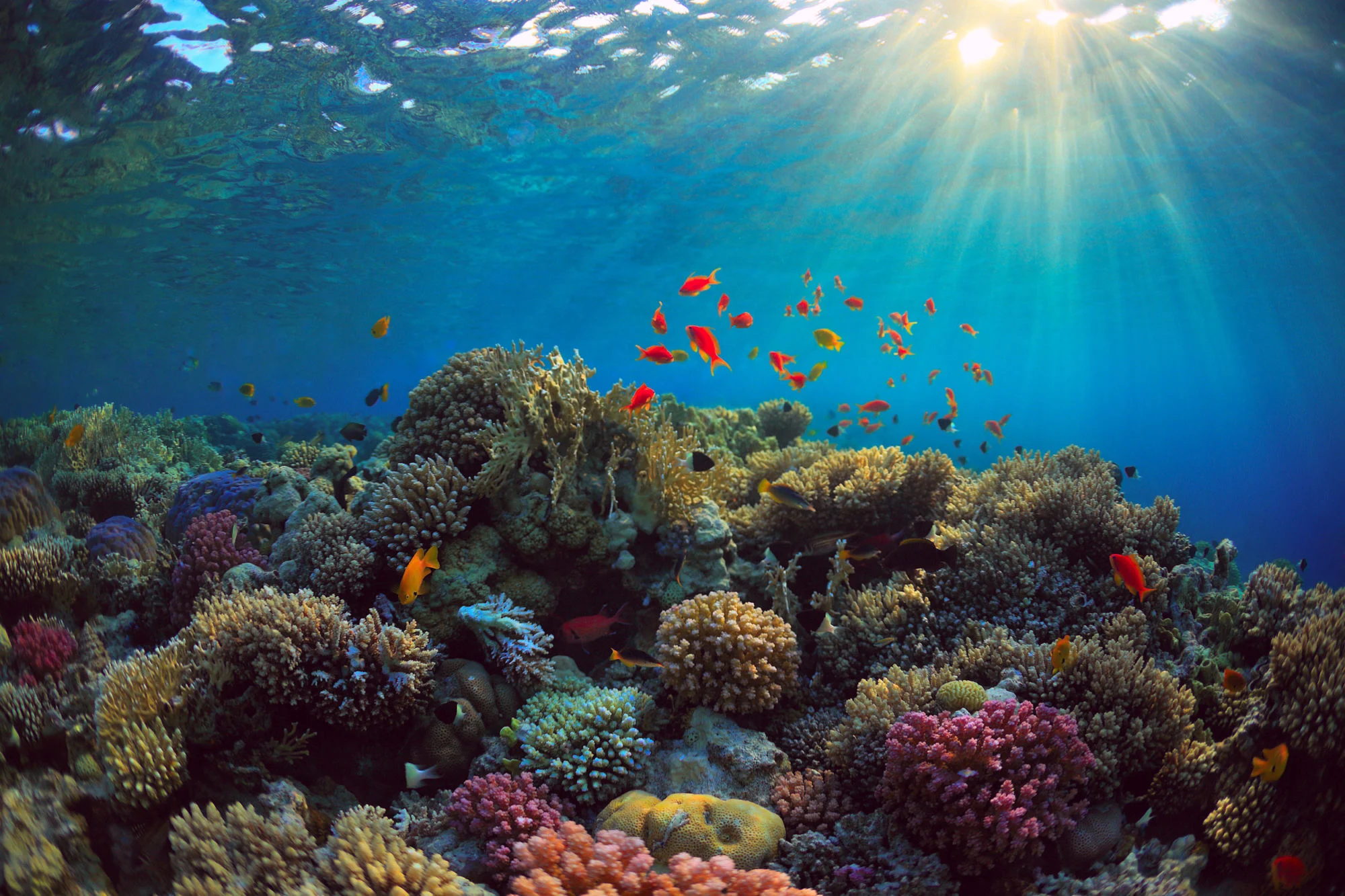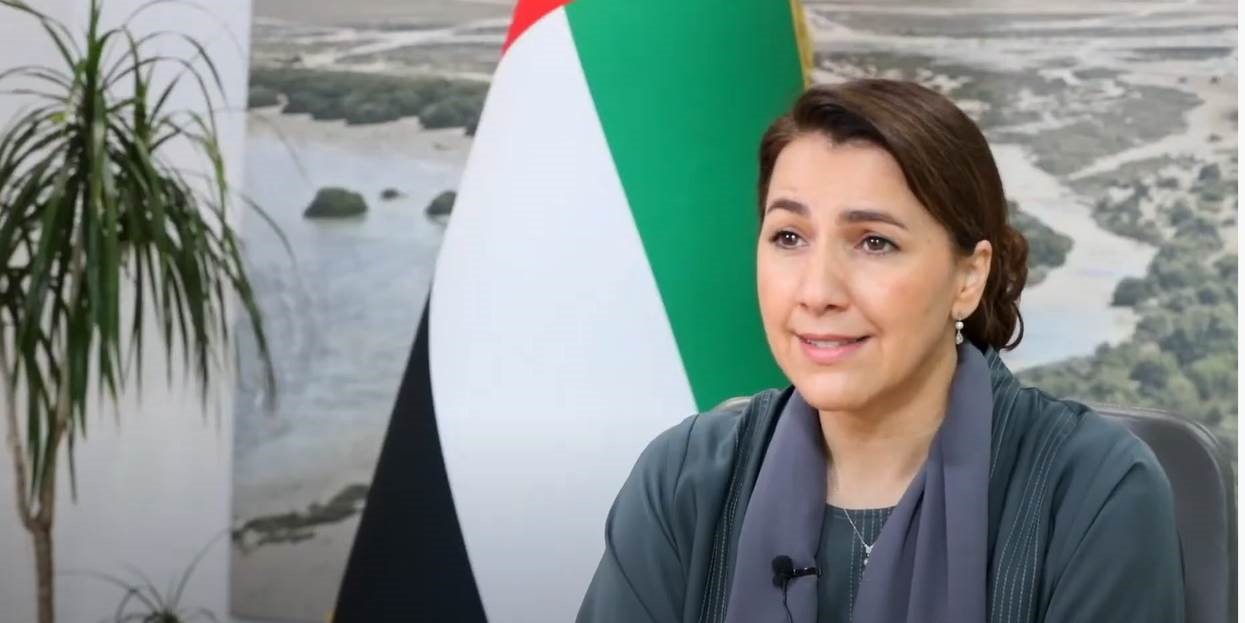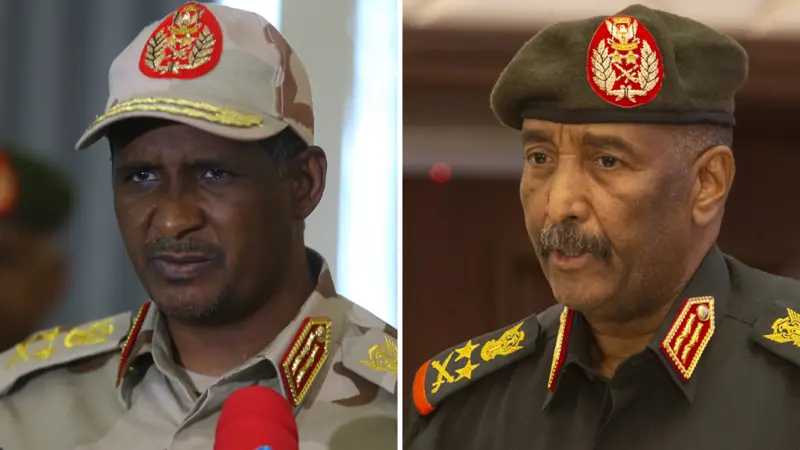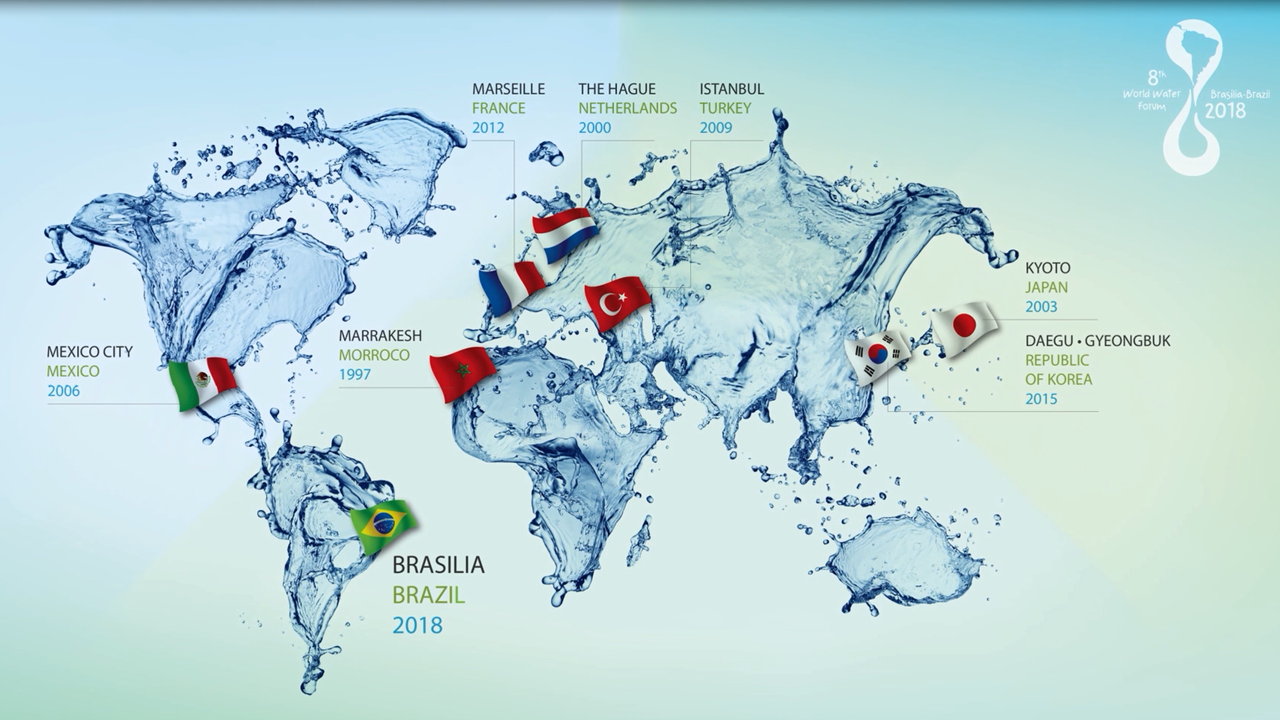The new legally binding “high seas treaty” to protect marine life in international waters, which cover around half of the planet’s surface, but have long been essentially lawless, will positively affect struggling fishers in Africa and the Global South, according to experts involved in the decade-long negotiations.
Conservationists welcomed an agreement over the weekend on a long-touted global treaty to protect the ocean and promote the sustainable use of resources such as its oil, fish and other sea life. The deal was signed by nearly 200 countries on Saturday (4 March) after two weeks of negotiations at the United Nations headquarters in New York ended in a mammoth final session of more than 36 hours. The treaty provides legal tools to establish and manage marine protected areas to protect the ocean’s biodiversity. It also covers environmental assessments to evaluate the potential damage of planned commercial activities and a pledge by signatories to share ocean resources.
The UN treaty is likely to have a far-reaching impact across the globe, experts say, not least for fishers in Africa’s coastal communities. Fish stock across Africa have been diminishing for decades now, including in most coastal communities in Sudan, which are suffering from the fallout. „The number of fish in the past was much larger,“ said one local fisher. “The sea was full of different species, but in recent years the number has decreased by comparison. We have to travel longer and longer distances in search of fish.“ The new treaty focuses on the high seas — everything that lies 200 nautical miles beyond countries’ territorial waters. This huge stretch of water, which is sometimes called the world’s last true wilderness, is usually inaccessible to Africa’s artisanal fishers.
But experts say that the preservation of the ecosystem in the high seas means more fish and that some of the species that have, according to Sudanese fishers, all but disappeared would also now be found closer to the coast. „One of the core things about this high seas treaty is even though these marine protected areas would be established in the international waters, coastal waters and coastal nations can expect to see benefits,“ said Nicola Clark from Pew Charitable Trusts who played a major part in the negotiations. African fishing communities play a crucial role in the continent’s food security, annually contributing US$24 billion to the African economy, according to the World Bank data. But experts warn that the new treaty is not a fix-all for overexploited fisheries not least because its implementation, especially in Africa but also other world’s regions, will take time.



